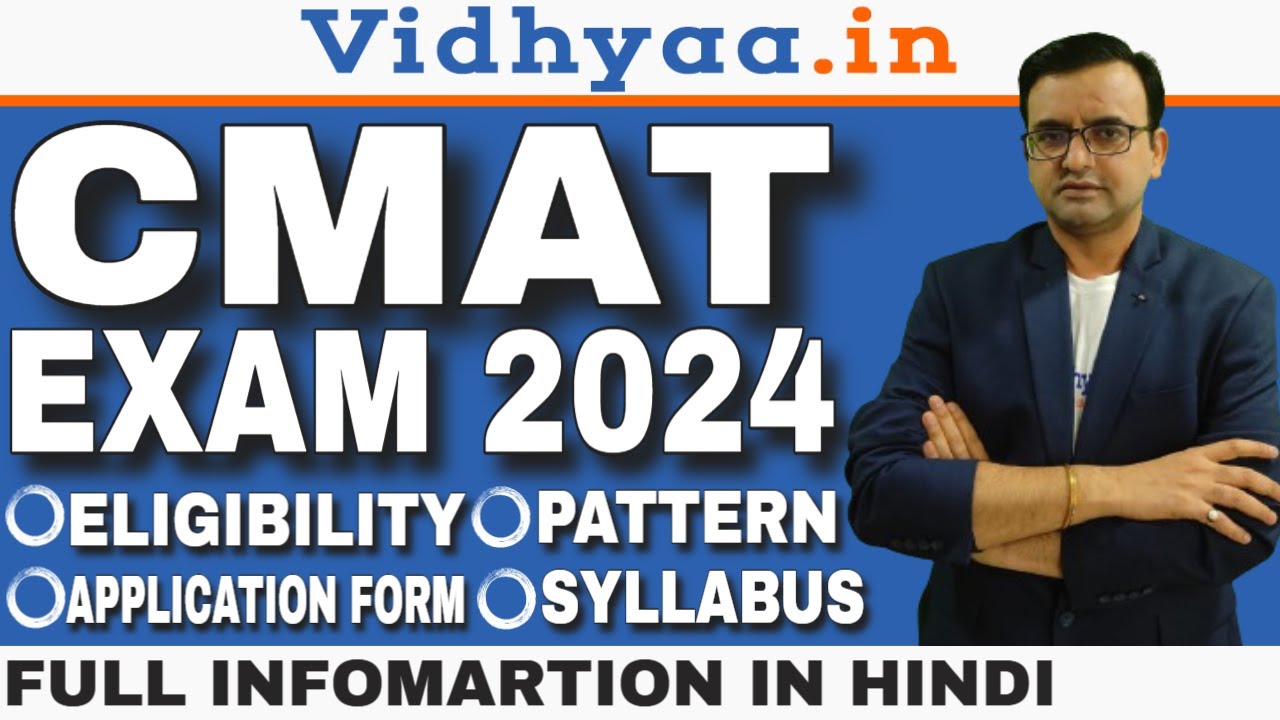Introducing MOOCs Courses on Buddhism _ By Prof. Geshe Ngawang Samten, Vice Chancellor, CIHTS
Summary
TLDRThe Central Institute of Higher Tibetan Studies, nominated by the University Grant Commission, is offering four online courses on SWAYAM, focusing on Pali and Buddhist studies. The courses include the history of Indian Buddhism, fundamentals of Abhidhamma, Buddhist philosophy, and Buddhist tourism. These courses explore Buddhist teachings, the spread of Buddhism across Asia, the role of the mind in Buddhist practices, and the philosophy of impermanence and dependent arising. They also highlight Buddhist historical sites, with a special focus on India’s Buddhist heritage. The courses aim to provide valuable insights into Buddhism’s historical, philosophical, and spiritual dimensions.
Takeaways
- 😀 The Central Institute of Higher Tibetan Studies has been nominated by the University Grant Commission to offer massive open online courses (MOOCs) on the SWAYAM platform.
- 😀 The institute offers four courses: History of Indian Buddhism, Fundamentals of Abhidhamma in Pali, Buddhist Philosophy, and Buddhist Tourism.
- 😀 The History of Indian Buddhism course provides background on the origin of Buddhism, the biography of the Buddha, his path to enlightenment, and the spread of Buddhism across Asia.
- 😀 The course on Abhidhamma in Pali delves into Buddhist metaphysics, focusing on the mind and its role in spiritual practices, and how wholesome and unwholesome mental states influence actions.
- 😀 Buddhist Philosophy discusses key Buddhist teachings like impermanence (Anitya), non-self (Anatta), and dependent arising, which have profound impacts on mental states and actions.
- 😀 The Madhyamika school of Buddhist philosophy is emphasized, particularly its teachings on the emptiness of inherent existence and how understanding this can reduce attachment and negative emotions.
- 😀 Buddhist epistemology, logic, and interactions with non-Buddhist schools of thought are explored, highlighting their contributions to Indian philosophical traditions.
- 😀 The course on Buddhist Philosophy also covers the lives and teachings of modern Buddhist leaders like His Holiness the Dalai Lama and Thich Nhat Hanh.
- 😀 The Buddhist Tourism course highlights important historical Buddhist sites in India and beyond, including places like Bodhgaya, Sarnath, and Lumbini, and their significance for Buddhist heritage and tourism.
- 😀 The courses aim to provide students with foundational knowledge on Buddhism, its philosophy, history, and cultural significance, with opportunities for deeper study and exploration.
- 😀 Although the courses are relatively brief, they offer an enriching introduction to Buddhist teachings and practices, opening pathways for further study.
Q & A
What is the primary purpose of the Central Institute of Higher Tibetan Studies?
-The primary purpose of the Central Institute of Higher Tibetan Studies, established in 1967, is to preserve Tibetan culture and promote Tibetan studies, as envisioned by His Holiness the Dalai Lama and the government of India.
What are the four courses being offered by the Central Institute of Higher Tibetan Studies on the SWAYAM platform?
-The four courses being offered are: 1) History of Indian Buddhism, 2) Fundamentals of Abhidhamma in Pali, 3) Buddhist Philosophy, and 4) Buddhist Tourism.
What topics are covered in the 'History of Indian Buddhism' course?
-The 'History of Indian Buddhism' course covers the origin of Buddhism, the biography of the Buddha, his renunciation and attainment of Buddhahood, the first Dharma sermon at Sarnath, the spread of Buddhism in Asia, and the decline of Buddhism in India.
How did Buddhism spread to various Asian countries?
-Buddhism spread in different forms: Theravada Buddhism spread to South Asia (Sri Lanka, Thailand, Myanmar), while Mahayana Buddhism spread to China, Korea, Japan, Vietnam, and later to Tibet, Mongolia, Russia, Nepal, and Bhutan.
What is the focus of the 'Fundamentals of Abhidhamma in Pali' course?
-The 'Fundamentals of Abhidhamma in Pali' course focuses on the metaphysical aspects of Buddhism, particularly the mind, distinguishing wholesome, unwholesome, and neutral consciousness. It also explores how mental states influence actions and the path to Nirvana.
What role does the state of mind play in Buddhist practice, according to the course on Abhidhamma?
-In Buddhist practice, the state of mind is crucial as it determines whether actions are wholesome or unwholesome. A wholesome state of mind leads to virtuous actions, while an unwholesome state, associated with destructive emotions, leads to negative actions.
What philosophical concepts are discussed in the 'Buddhist Philosophy' course?
-The 'Buddhist Philosophy' course discusses key concepts such as impermanence (Anitya), non-self (Anatta), dependent arising (Pratityasamutpada), Buddhist criticism of the caste system, and gender inequality. It also explores various Buddhist philosophical schools and their contributions to epistemology and logic.
What is the significance of understanding impermanence in Buddhist philosophy?
-Understanding impermanence is essential in Buddhism as it helps reduce attachment and destructive emotions like anger, jealousy, and hatred, promoting a more wholesome state of mind and fostering peace.
What is the Madhyamika school of Buddhist philosophy and its key teaching?
-The Madhyamika school, considered the highest level of Buddhist philosophy, emphasizes the doctrine of emptiness (Shunyata), which asserts that all phenomena lack inherent existence and are interdependent. This understanding undermines attachment and aversion.
What is the focus of the 'Buddhist Tourism' course?
-The 'Buddhist Tourism' course highlights significant Buddhist tourist sites, including places in India like Bodhgaya, Sarnath, and Kushinagar, as well as international locations like Lumbini in Nepal. It also discusses the historical importance of these sites and the ongoing archaeological exploration of Buddhist monuments.
Outlines

此内容仅限付费用户访问。 请升级后访问。
立即升级Mindmap

此内容仅限付费用户访问。 请升级后访问。
立即升级Keywords

此内容仅限付费用户访问。 请升级后访问。
立即升级Highlights

此内容仅限付费用户访问。 请升级后访问。
立即升级Transcripts

此内容仅限付费用户访问。 请升级后访问。
立即升级浏览更多相关视频

Fastest Way To Become a Software Engineer in 2024

Video Profil LIPIA 2024

Models of Blended Learning

The UK Education System - What You Need To Know

Решаем задание № 21 на ИЗИ! ПОЛНЫЙ разбор за 5 минут! ЕГЭ Обществознание

CMAT EXAM DETAILS IN HINDI 2024 | SYLLABUS | EXAM PATTERN | TOP COLLEGES |FEES| ALL ABOUT CMAT EXAM
5.0 / 5 (0 votes)
